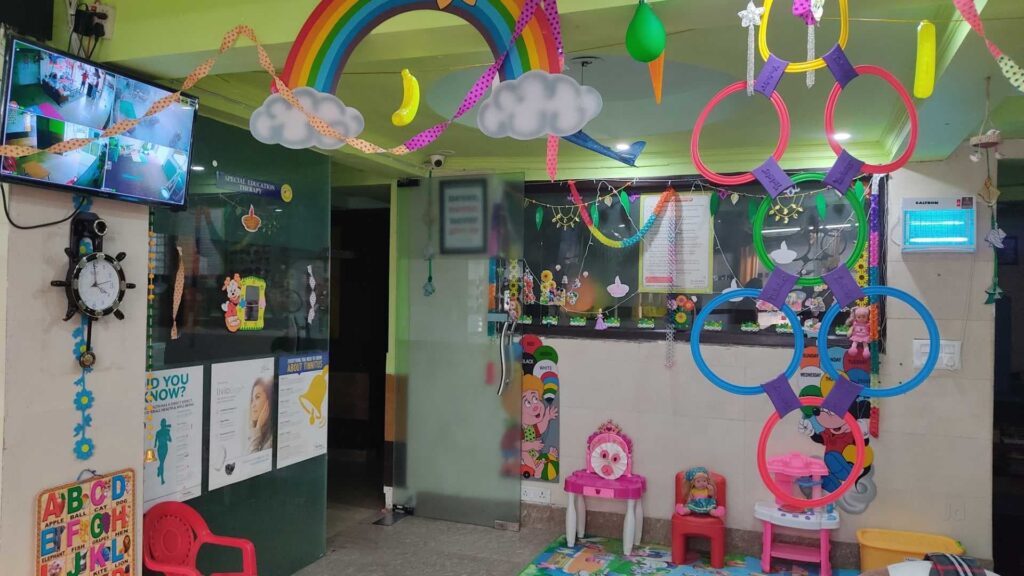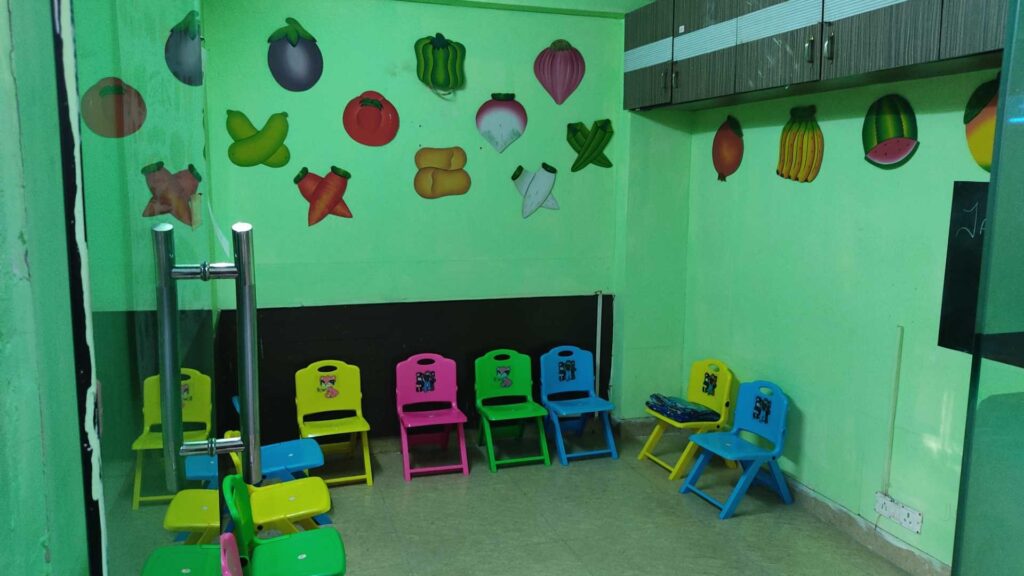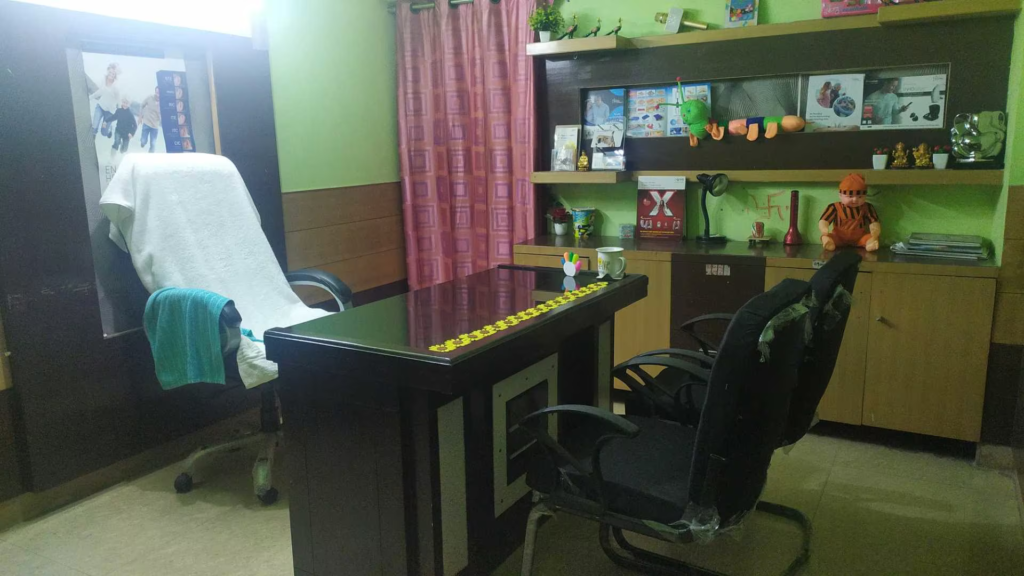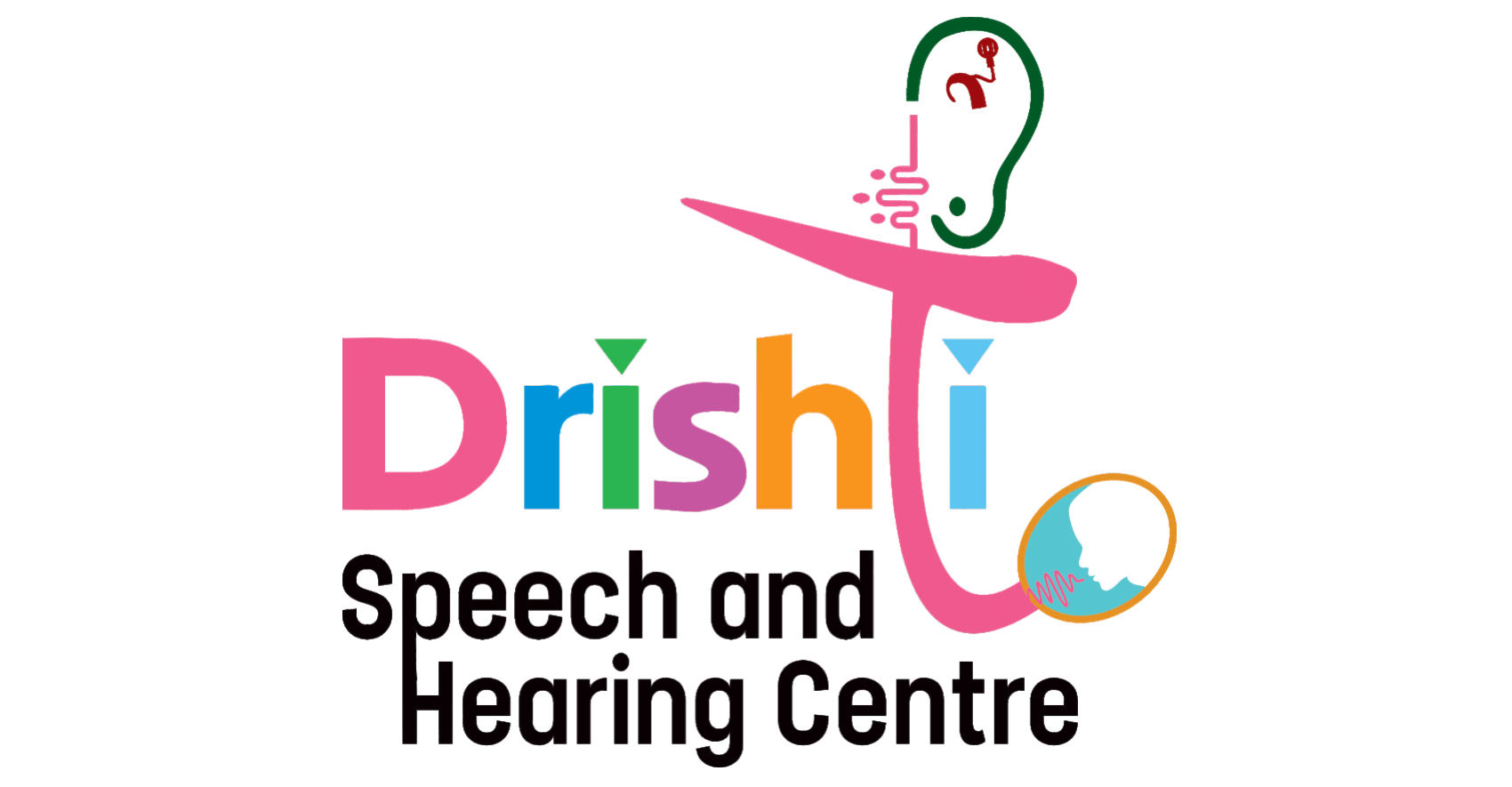Social Skills Development

Key Components of Social Skills Development
Various individual’s social functioning areas of an individual are inter-related components of social skills, such as interaction, communication, participation, emotional, social cognition skills.
1. Assessment and Diagnosis: Comprehensive evaluation of an individual’s communication abilities and swallowing function. This may involve standardized tests, observational assessments, and interviews with parents or caregivers.
2. Individualized Treatment Plans: Based on the assessment, SLPs develop personalized therapy plans tailored to the specific needs and goals of the individual.
3. Therapeutic Interventions: Implementing various techniques and exercises to improve communication and swallowing skills.
4. Family and Caregiver Involvement: Educating and involving families and caregivers to support and reinforce therapy goals at home.
5. Progress Monitoring: Regularly assessing the individual’s progress and adjusting the treatment plan as needed.
Benefits of Social Skills Development
The way we socialise and interact with others, be it with family, friends, colleagues, peers and others, will impact on almost every aspect of our lives. Social skills help children to form positive relationships, have conversations, develop body language, cooperate, share and even play together.
Improved Communication: Enhances the ability to express thoughts, ideas, and emotions effectively.
Better Social Interaction: Facilitates improved interactions with others and enhances social participation.
Enhanced Academic Performance: Supports language development, which is crucial for learning and academic success.
Increased Independence: Promotes the ability to perform daily activities independently, especially for those with swallowing disorders.
Higher Quality of Life: Reduces frustration and improves overall well-being by addressing communication and swallowing difficulties.



